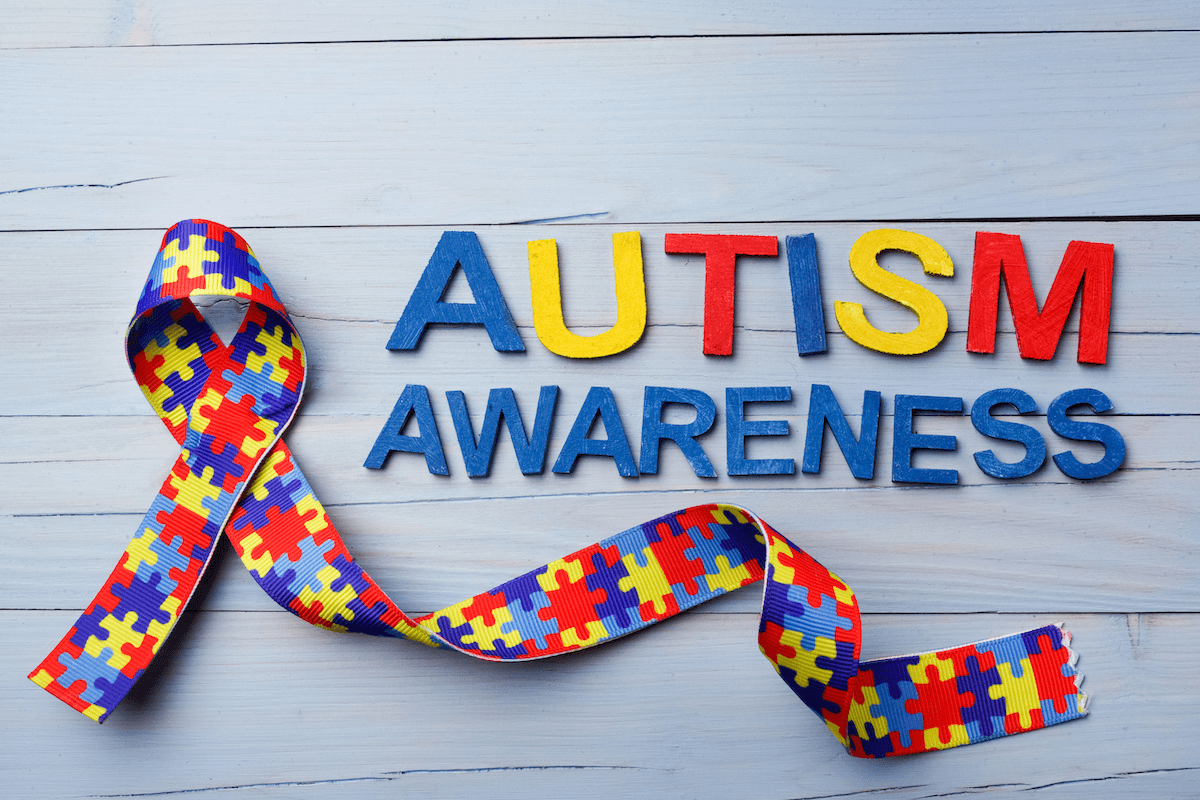Developmental Language Disorder (DLD) is a condition that affects a child's ability to communicate, making speaking and understanding language challenging. Unlike other conditions, such as hearing loss or intellectual disabilities, there is no obvious reason for these struggles, which often leads to DLD being overlooked.
What is DLD?
DLD is a lifelong condition where a child has difficulty with both understanding and using language. It impacts areas like vocabulary, sentence structure, and following instructions. It can also affect other skills like reading, writing, and social interactions. Approximately 7.5% of children in grade 1 are affected, meaning it's more common than many realise.
For more information about DLD, you can visit The DLD Project's website, which offers in-depth resources and research on DLD.
Signs Your Child May Have DLD
Children with DLD may:
-
Have trouble putting words together or speaking in complete sentences. For example, a child might say, "Me want cookie," instead of "I want a cookie."
-
Struggle to understand or follow instructions. A child might not be able to follow multi-step directions like, "Clean up your toys, put them in the box, and then wash your hands."
-
Avoid social situations due to communication challenges. They may feel anxious in group settings, avoiding games or conversations because they can't express themselves clearly or understand others.
-
Experience frustration when expressing themselves, often leading to emotional outbursts. A child might struggle to explain what's bothering them, leading to frustration that can result in tantrums or withdrawing from others.
-
Find it hard to recall words or names. This can make conversations difficult when they know what they want to say but can't find the right word, such as calling a "dog" a "cat" or describing something without the right vocabulary.
-
Have trouble with reading comprehension and following stories. They may have difficulty remembering what happens in a story or understanding what a character's actions mean, affecting their ability to follow along in class or at home when reading.
Supporting Your Child
Early intervention is critical. Speech therapy can help improve language skills through targeted activities like vocabulary-building exercises, social communication practice, and sentence structure games. With the right support, children with DLD can thrive academically and socially, gaining confidence in their ability to communicate.
If you suspect your child has DLD, seeking an evaluation from a qualified speech pathologist is an important step. The sooner they receive support, the better their chances for long-term success.
Contact us to schedule an assessment if you have concerns about your child's language development. Our experienced speech pathologists can provide comprehensive evaluation and develop a tailored intervention plan to support your child's communication needs.



